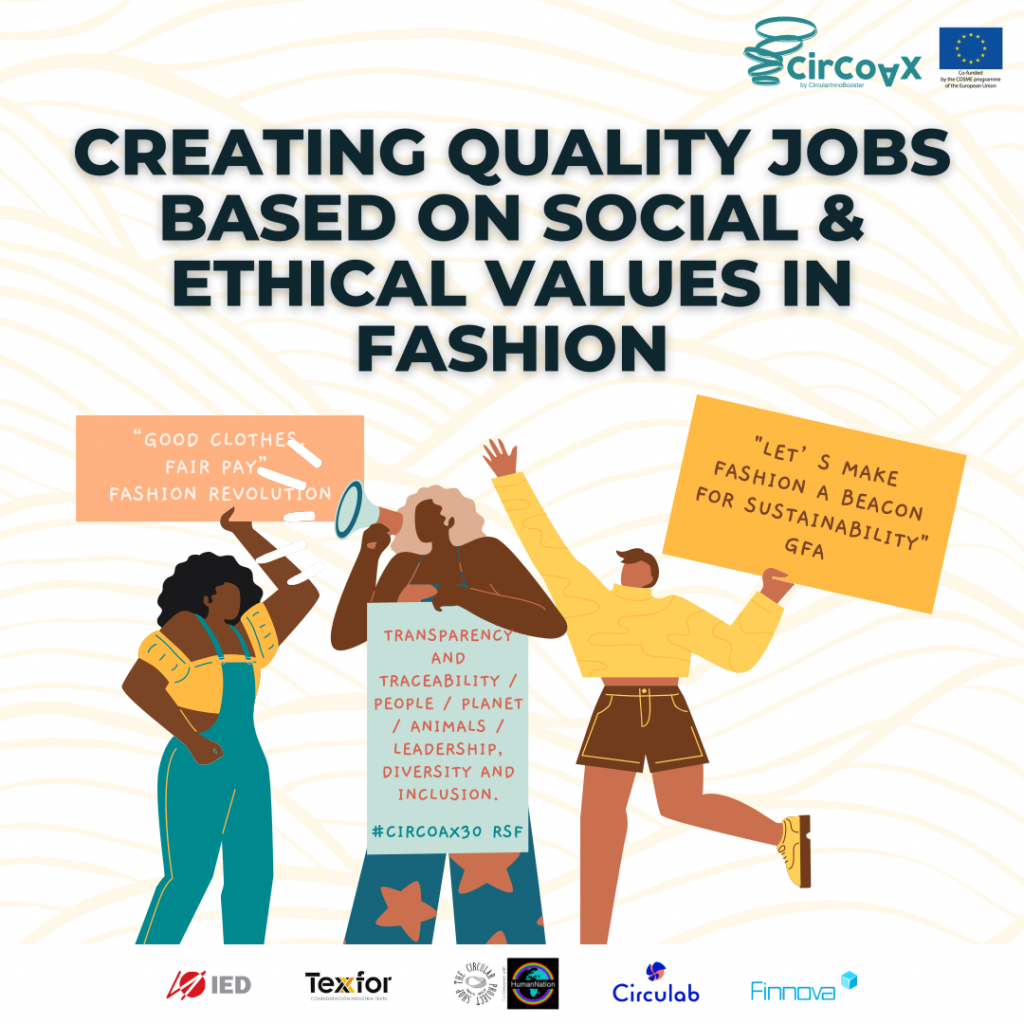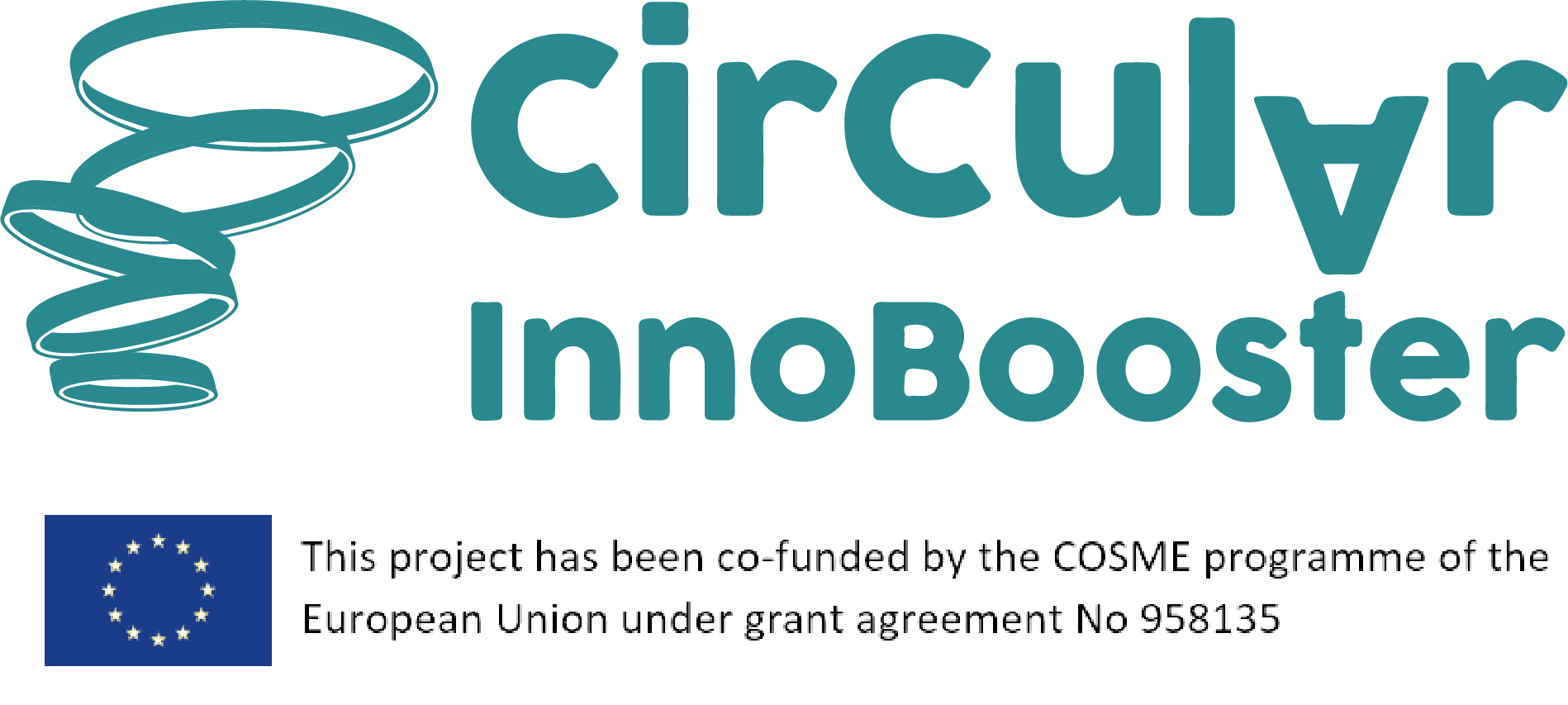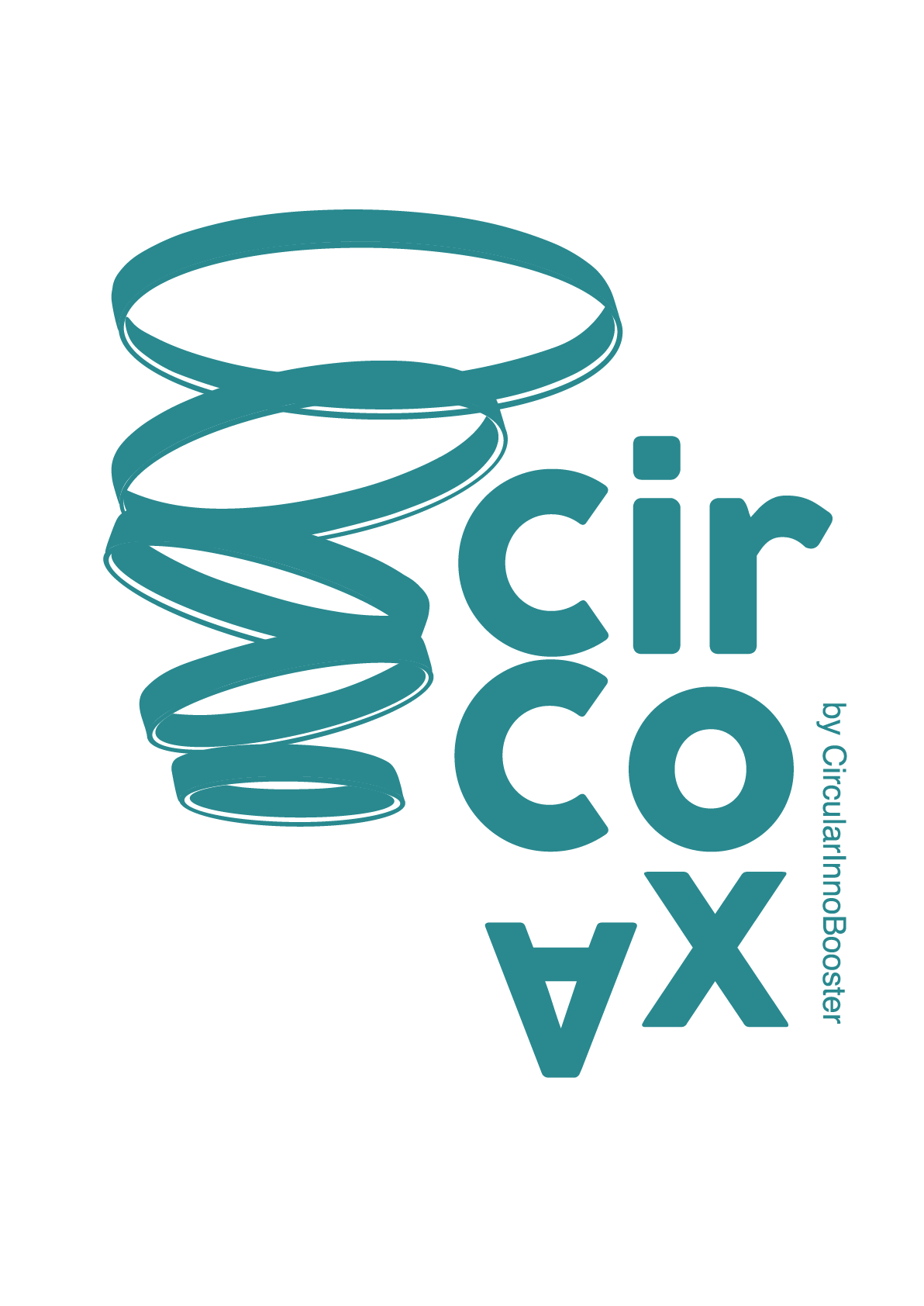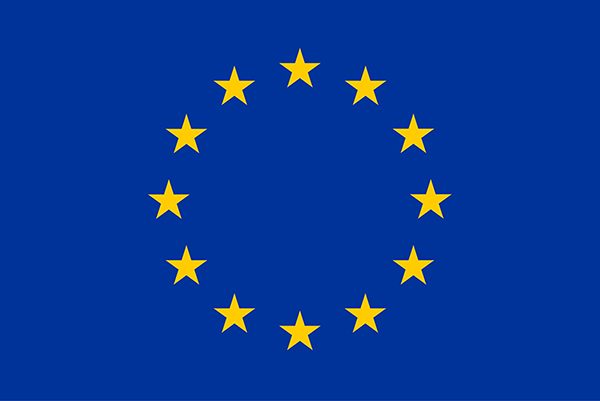
CirCoAX by CircularInnoBooster’s main concern is ensuring that different groups of people in the fashion and textile industry are treated with fairness and respect. This summer, The Global Fashion Agenda (GFA) released a report that states the fashion industry employs up to 70 million people with women making up nearly three-quarters of all garment workers as well as marginalized groups such as people of colour and non-binaries.According to the UN Alliance for Sustainable Fashion, the industry contributes 2.4 trillion to global manufacturing. As this industry continues to grow, so does our urgency to tackle the inequalities and create just and fairer conditions for the millions of people who are at the heart of this industry.
One of the issues mentioned in the report is that the fashion industry is still plagued by power imbalances and systemic inequalities. In general, disenfranchised groups are regularly exposed to discrimination, harassment, verbal, or physical abuse, often subject to cultural stereotypes, and are rarely considered or recruited for leadership positions. The root cause is a structural barrier within the industry because fashion brands do not directly control workers’ wages but depend on their supply chain partners to create change. As a result, we find that workers are exposed to unsafe working conditions, poor workplace safety, health disqualification, long working hours, and unsafe contractual arrangements.
To combat these systemic inequalities, organizations such as Fashion Revolution, a non-profit global movement, are working on campaign “Good Clothes, Fair Pay”. This is a European Citizens’ Initiative (EIC) that calls for legislation aiming at improving and better the living wages in the fashion supply chain. To call directly on the European Commission in this area of EU competence, this campaign must collect at least 1 million signatures from EU citizens. Their proposal requires companies to carry out specific due diligence measures in their supply chains to ensure that workers are paid a living wage. Some of the actions include ensuring that corporate pricing, costs, and general purchasing practices support a living wage. If successful, this law will change the game by creating a fairer fashion system that holds brands accountable to the people who make their clothes.
At CirCoAX by CircularInnoBooster, we know that fashion has the power to reinvent itself, ensuring human rights and having secure working conditions. Some of the strategies pointed out in the report are working with suppliers on wage data that publish a fair compensation blueprint, implementing labour costing systems, and adopting fair terms of payment, among others. CirCoAX30 RSF, also known as Real Sustainable Fashion verification and community and ethical time, is working towards helping brands improve their sustainability and circularity while also facilitating them with tools to succeed by focusing on 5 areas: Transparency and Traceability / People / Planet / Animals / Leadership, Diversity and Inclusion. This ensures that all the brand’s supply and production chain is carried out with decent work and has a positive impact on the environment.
Today, we cite GFA’s closing word “The fashion industry has always been at the forefront of change. So, let’s make fashion a beacon for sustainability that other industries can follow.” If you want to contribute to this initiative, you can sign your name here.
About COSME
COSME is the programme for the Competitiveness of Enterprises and Small and Medium-sized Enterprises by the European Commission’s Executive Agency for Small and Medium-sized Enterprises (EASME).
This programme assists SMEs to develop their business models, to obtain funds and to internationalise. This scheme also supports public administrations to enhance the entrepreneurial environment and to facilitate the economic growth of the EU. During the funding period of 2014-2020, this programme allocated €2.3 billion to support SMEs
About IED
Istituto Europeo di Design is an academic institution working in education, training, and the research of fashion, design, visual communication, and management. IED has offices in Spain (Madrid and Barcelona), Italy (Milan, Rome and five other cities) and Brazil (São Paulo, Rio de Janeiro). IED works in several EU and COSME countries through collaborations and arrangements with institutions, business support organisations, teachers, experts, and mentors. IED has an extensive network of connections in the fashion and textile sector (F&T).
About Finnova
Finnova is a foundation working for the promotion and development of innovation and entrepreneurship at EU level. Based in Brussels, it operates through collaborations and partnerships in all EU countries. Finnova’s experience in leading European project communication and dissemination activities is combined with a strong proven track record in start-ups and business support programmes, such as accelerators, incubators and ceremonial event selection and awarding.
About Texfor
Texfor is a leading textile association in Spain with roughly 400 members. Founded in 2010 and based in Catalonia, Texfor brings together enterprises from the textile value chain, i.e. from weaving to fabrics as well as accessories, textile finishing, printing, and dyeing for the dressmaking industry, textiles for households and technical and industrial applications. Texfor has an extensive expertise as it has worked in relevant expert committees at an EU level: university and professional training, developing financial capacities, cross-cutting collaboration, fostering RDI, specialised services, and leadership in sustainability focused on the circular economy.
About Circulab
Circulab is a laboratory and design studio specialising in developing transformation methods, tools and programmes to help enterprises adopt circular and sustainable business models. Circulab has designed a number of tools to implement a circular business model in enterprises. It works in 23 countries – 9 out of them in the EU – and it supports projects via 60 independent entrepreneurial consultants. It applies circular methodologies and tools.
About The Circular Project co-designed with HumanNation
TCP (The Circular Project) favours and promotes a circular and sustainable fashion in different areas, offering the fashion industry a communication strategy based on a cross-cutting and systemic approach of the circular economy. TCP combines social, ethical, environmental and economic aspects, and has a strong presence and connections in the sustainable fashion world.
TCP has promoted the Circular Sustainable Fashion Week Madrid, a one-of-a-kind event, and also serves as HQ for the Spanish Association for the Sustainability, Innovation and Circularity in the Fashion Industry. TCP is also ambassador of Sannas (Triple Bottom Line Business Association) and has collaborated in a wide array of Spanish, European, and Latin American institutions and enterprises.
The Circular Project works with Human Nation to co-design and develop CirCoAX. HumanNation is a consultancy enterprise specialising in the development of transformative and disruptive ecosystems of innovation and companies for the ‘new economy’. It is based on the fourth economic sector, the systemic thinking, and co-creation. It raises awareness in organisations and ecosystems to respect the planetary boundaries and the social fabric, creating resilient local economies with a global perspective.


